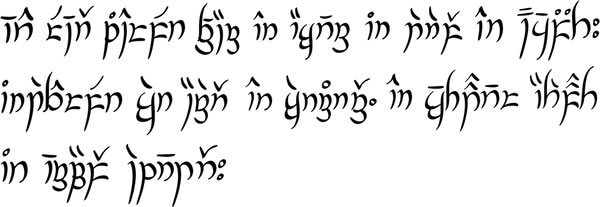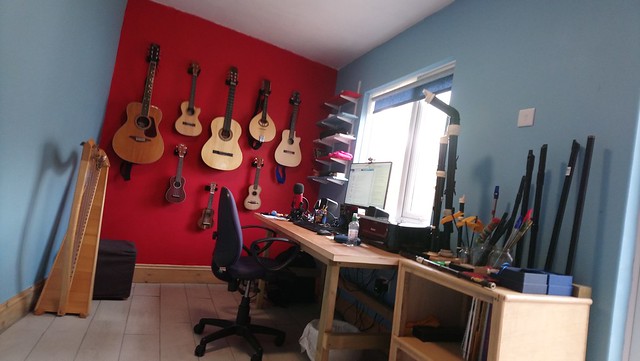Podcast: Play in new window | Download

Here’s the latest news from the world of Omniglot.
New language pages:
- Ghulfan (Wuncu), an Eastern Sudanic language spoken mainly in the Nuba Mountains in the south of Sudan.
- Kadaru (Kodhin), a Northern Luo language spoken in the state of South Kordofan in the south of Sudan.
- Ponosakan, a Greater Central Philippine language spoken in North Sulawesi in the Philippines.
New numbers pages:
- Polci (Pəlci), a West Chadic language spoken in Bauchi State in northeastern Nigeria.
- Piapoco (Wenewika), an Arwakan language spoken in eastern Colombia and southwestern Venezuela.
- Powhatan (Kikitowämank), an Eastern Algonquian language that was spoken in Virgina and Maryland in the USA until the 1790s, and which is being revived.
- Munsee (Hulunìixsuwáakan), an Eastern Algonquian language spoken on the Moraviantown Reserve in Ontario, Canada.
On the Omniglot blog we discover what links the word satorial with words for tailor in various languages in a post called Satorial Tailoring, and there’s the usual Language Quiz. See if you can guess what language there is:
Here’s a clue: this language is spoken in Canada and the USA.
The mystery language in last week’s language quiz was: Ge’ez, (ግዕዝ), the classical language of Ethiopia which is still used as a liturgical language by Ethiopian Christians and the Beta Israel Jewish community of Ethiopia.
In this week’s Adventure in Etymology, entitled Windy Wings, we find connections between the words wing, wind and feather.
It’s also available on Instagram and TikTok.
On the Celtiadur blog, there’s a new post entitled Dutiful Laws about words for duty, debt, law, rule and related things in Celtic languages.#
I also made improvements to the Munsee language page.
A Multilingual Happy New Year!
For more Omniglot News, see:
https://www.omniglot.com/news/
https://www.facebook.com/groups/omniglot/
https://www.facebook.com/Omniglot-100430558332117
You can also listen to this podcast on: Apple Podcasts, Amazon Music, Stitcher, TuneIn, Podchaser, PlayerFM or podtail.
If you would like to support this podcast, you can make a donation via PayPal or Patreon, or contribute to Omniglot in other ways.
Radio Omniglot podcasts are brought to you in association with Blubrry Podcast Hosting, a great place to host your podcasts. Get your first month free with the promo code omniglot.















